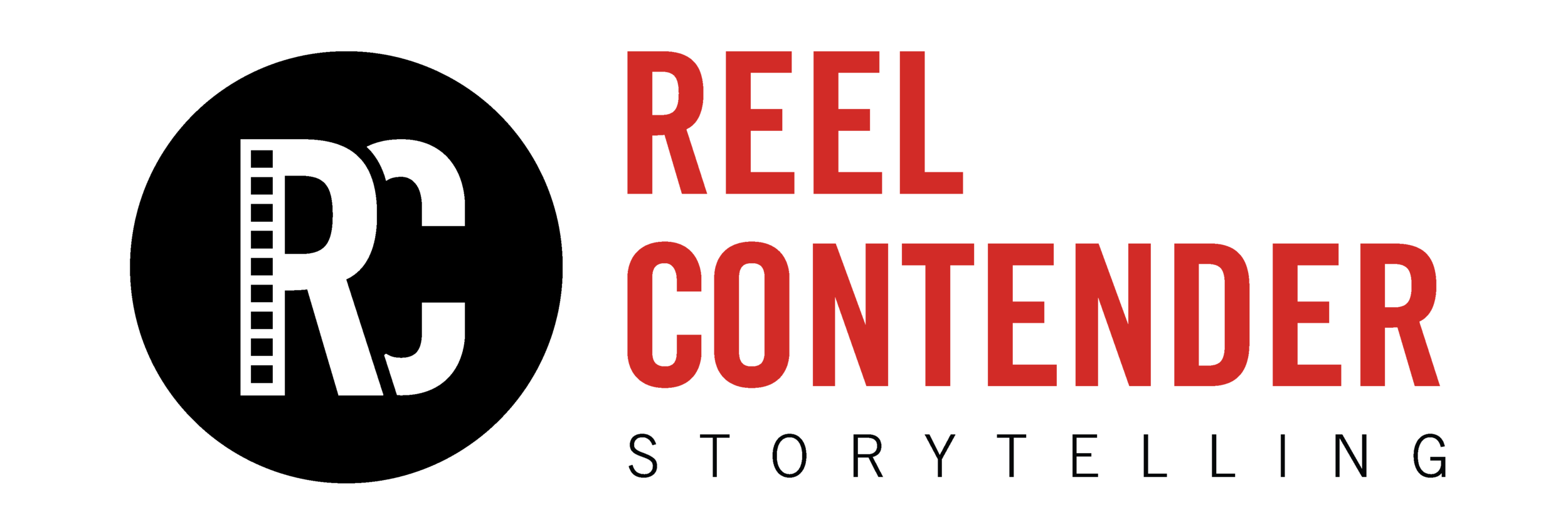Star Wars: The Father of the Hollywood Blockbuster
The year was 1977. Fox was about to release a space adventure film that every other studio had passed on, and few executives thought would be any good. Only Alan Ladd Jr, who greenlit the film and a handful of others at Fox, believed in it. It had gone over schedule during filming, which increased its budget from 8 million to 11 million, and only Steven Spielberg had anything positive to say about it when George Lucas showed a rough cut to his filmmaking colleagues.
Even movie theaters weren’t interested in the film. They wanted to show The Other Side of Midnight, which was supposed to be the big hit of the summer. Fox told theater owners that if they wanted The Other Side of Midnight, they would have to screen their space adventure movie along with it. Needless to say, the odds were stacked against the film being a hit, let alone even making its money back.
We all know what happened next.
Upon the film’s release, Star Wars became a cultural phenomenon, as well as the highest grossing movie of all time (until E.T. dethroned it in 1982). The supposed blockbuster The Other Side of Midnight faded into obscurity. Star Wars spawned two sequels (completing an original trilogy), as well as a prequel trilogy, a nearly-complete sequel trilogy, and two anthology films. And that’s not to mention the video games, toys, multiple TV series, fan fiction, conventions… the list goes on.
In my hometown, a radio station held a greatest Star Wars fan contest. One contestant legally changed his name to Obi-Wan Kenobi; he won.
Still, Star Wars remained a polarizing topic. Film critic Peter Biskind complained "When all was said and done, Lucas… returned the 1970s audience, grown sophisticated on a diet of European and New Hollywood films, to the simplicities of the pre-1960s Golden Age of movies.” (Easy Riders, Raging Bulls, 1998)
In his article An American Mythology: Why Star Wars Still Matters, Steven D. Gredaynus said “Lucas’s bitterest critics charge Star Wars with nothing less than ‘ruining’ Hollywood by turning it from the gritty, ‘relevant’ sophistication of films like The Godfather, Taxi Driver, and Annie Hall toward juvenile fantasy, spectacle, and romanticism.”
In the same article, Gredaynus also says that “Star Wars is a cultural institution of immense proportions. Its impact on Hollywood alone has been incalculable. It’s impossible to imagine Raiders of the Lost Ark, E.T., The Matrix, or The Lord of the Rings without Star Wars.”
So, what do you think? Did Star Wars ruin Hollywood? Or did it reinvent it for the better? Let us know in the comments below.

